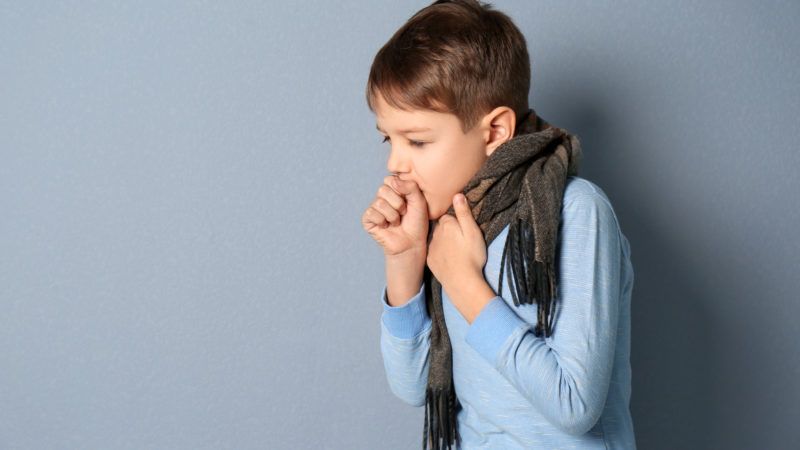Parents Don't Need Advice on How To Talk To Their Kids About Coronavirus
Not every situation requires an expert's guidance.

How should you talk to your kids about the coronavirus? CNN recommends this: "Resist the urge to bombard them with every possible headline or piece of information about the outbreak."
Twenty-four hour news channel: heal thyself.
Aside from the hypocrisy, it's good advice. Unfortunately, you can't expect the media to avoid offering tips at a time like this. The ritual has become part of the modern crisis package: assume parents are desperately in need of someone they don't know telling them how to talk to their own kids.
Nancy McDermott, author of the forthcoming book, The Problem with Parenting, says parents always asked for these articles when she was a mommy blog editor. But, she added, "I don't think this was something that would have vexed our parents or grandparents in quite the same way."
Yes, I doubt there were How to Talk About the Disappearance of Amelia Earhart notes going home from the schools. But now, a phalanx of psychologists rushes in to prescribe precisely the right mix of gravitas, insouciance, wisdom, and calm.
The usual mix of advice includes: listen to your kids (duh), don't freak out during the conversation (duh), don't tell them more than they need to know (good advice), and tell kids what they can actually do to be safer or keep other people safe.
In the case of the coronavirus, I'm happy to say that this includes telling the kids to wash their hands and cough into their elbows. One site tells kids to practice the "Dracula sneeze," which is a great name for this technique.
Many advice-givers also add Mr. Rogers' tip: "Look for the helpers." By this he meant the firefighters, doctors, and anyone else doing the right and difficult thing to improve the situation. I'm happy about that suggestion.
What I'm less happy about is the tip-giving culture itself, because it implies parents want or need—I'm not sure which—expert help when it comes to interacting with their own children.
"Coaching parents how to talk to their kids first emerged in the 1930s," Frank Furedi, author of Paranoid Parenting, told me in an email. "But it kicked in big time in the 1980s. This shift was based on the assumption that communication between parent and child required expert skill, and if a parent miscommunicated it could have a devastating effect on their child."
So mom and dad have basically been warned that any word they utter could ruin their kids forever. And we wonder why parents are so anxious, and read so much advice? It's a vicious circle.
NBC gives what seems like an entire script for parents to follow:
"You can say something like, 'It's really scary for you to be hearing all about this virus and people who are dying and how awful it is. I bet that has you feeling worried that you or someone you love might get sick and maybe even die. I can absolutely see — especially as a kid — how you would feel this way and have these thoughts. I think that's probably pretty normal…'"
And on and on.
The problem with that script is, well—it's a script. It's obviously not meant to be repeated word for word, but clearly the network feels that parents need extremely granular guidance. But as Furedi points out, "Whenever parents adopt someone else's script, they lose the capacity to be sensitive to specific dynamics of their very unique relationship. It is far better to invent a family ritual like, 'This is how the Smiths react when faced with a mega problem.' Such rituals make kids feel that they are special and helps forge a close bond within the family."
If that sounds like advice for parents on how to talk to your kids about the coronavirus, you're welcome to take it—or leave it. Probably, most parents will navigate this particular conversation with their kids just fine on their own.


Show Comments (62)